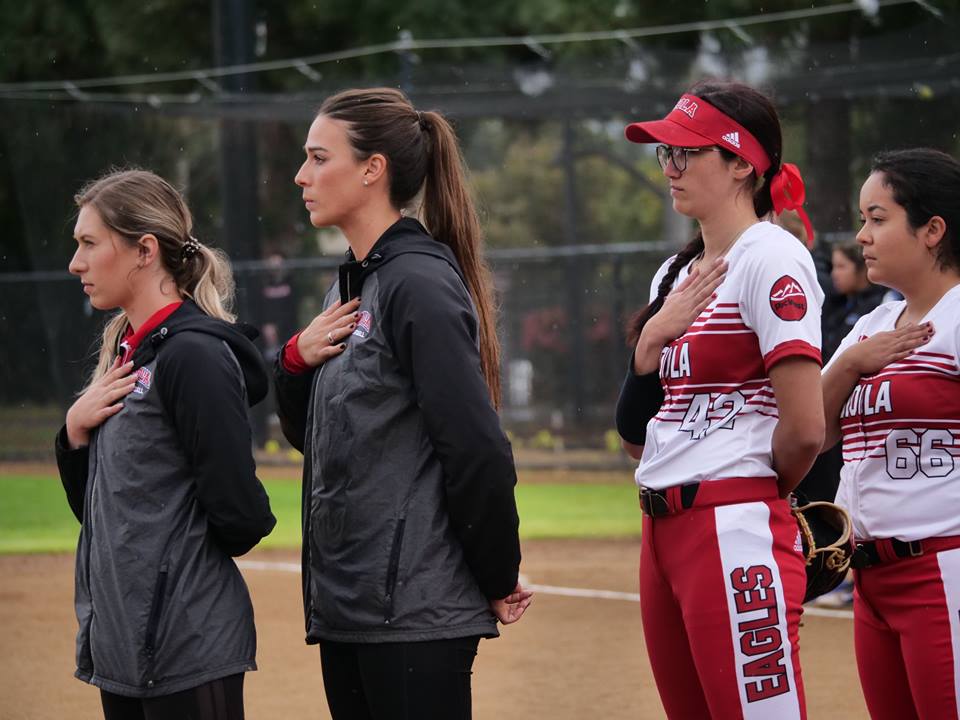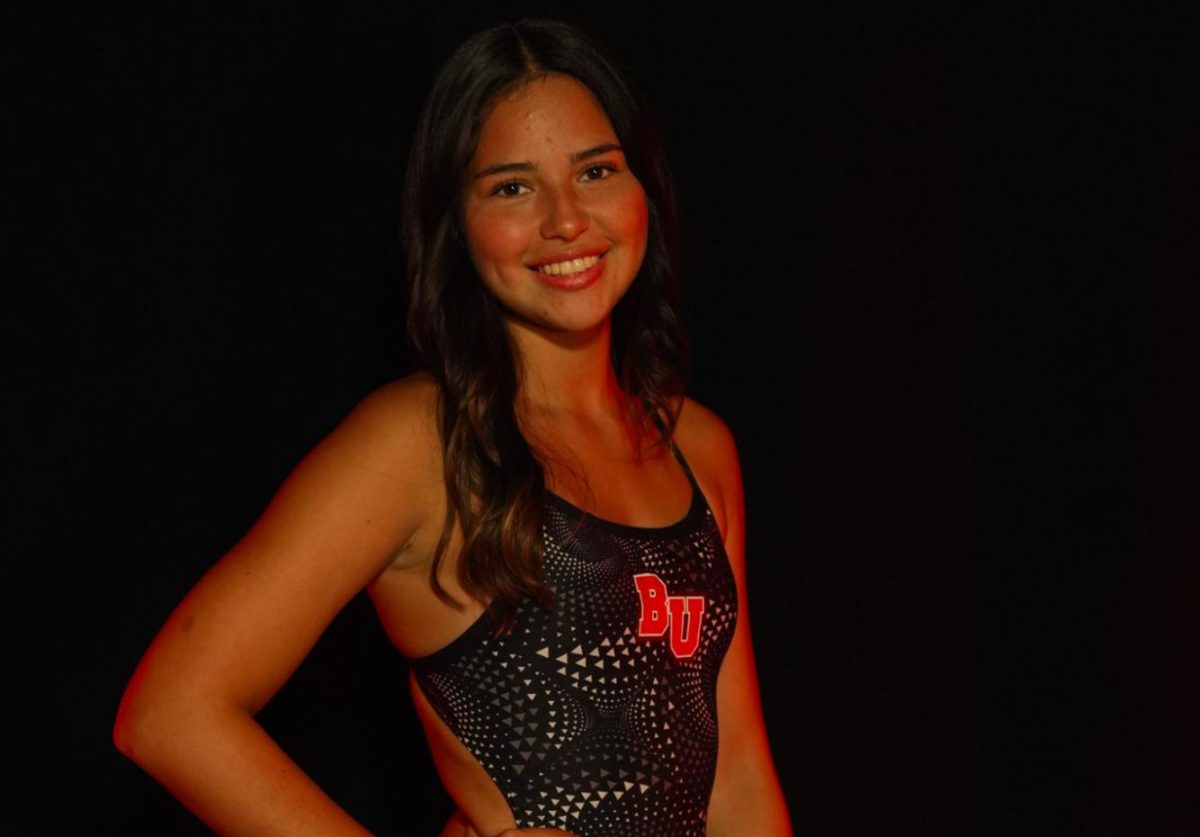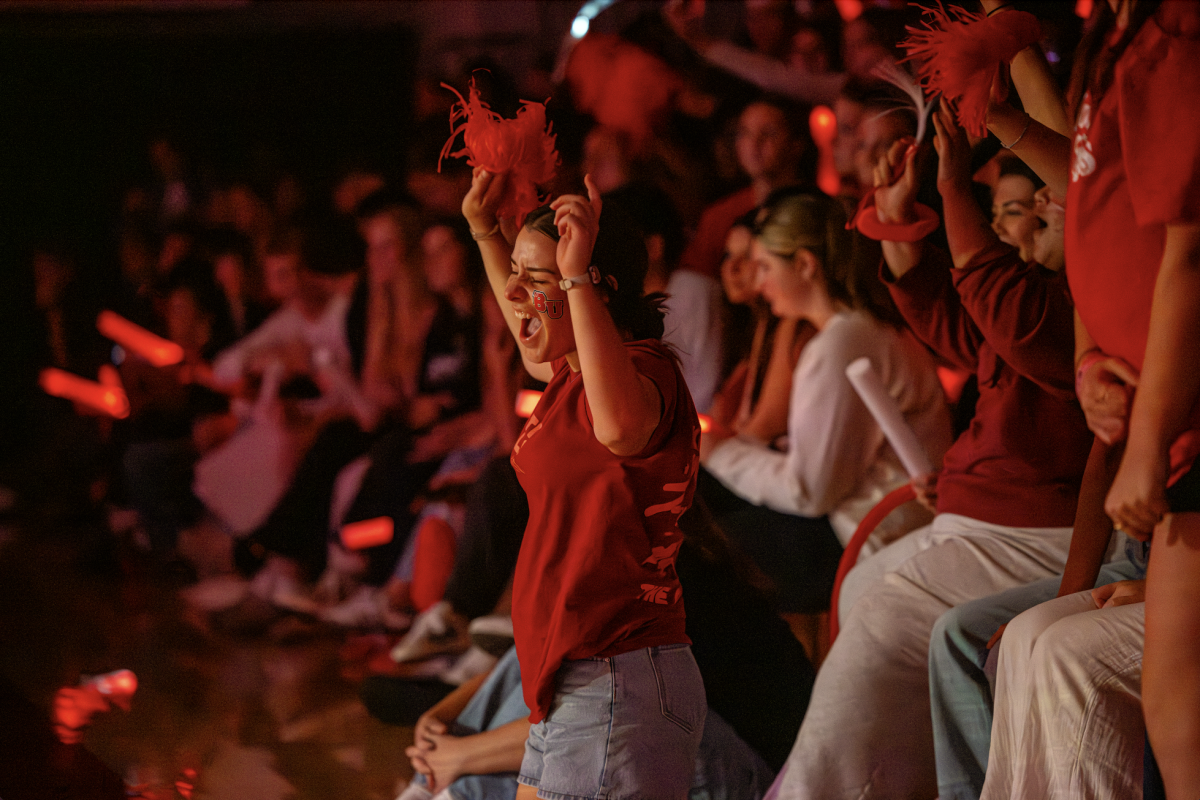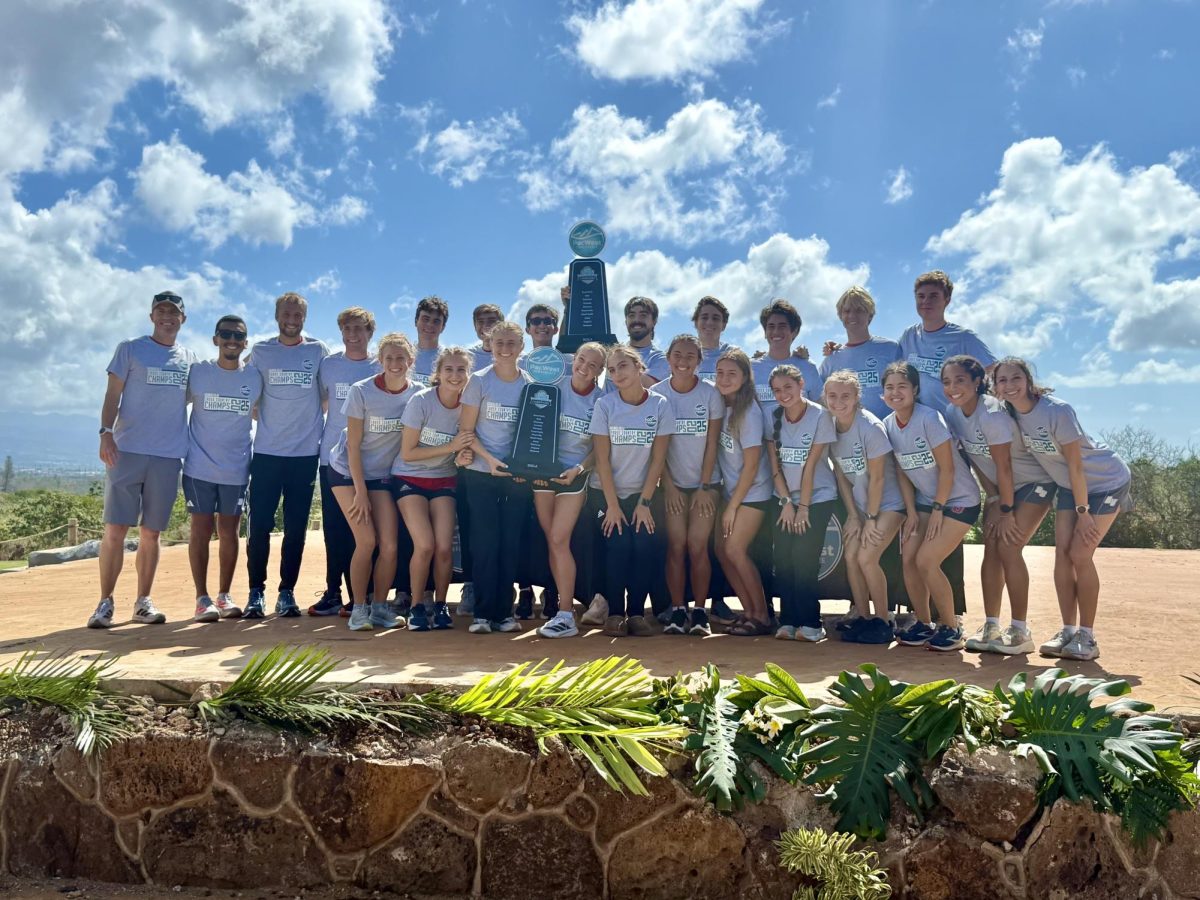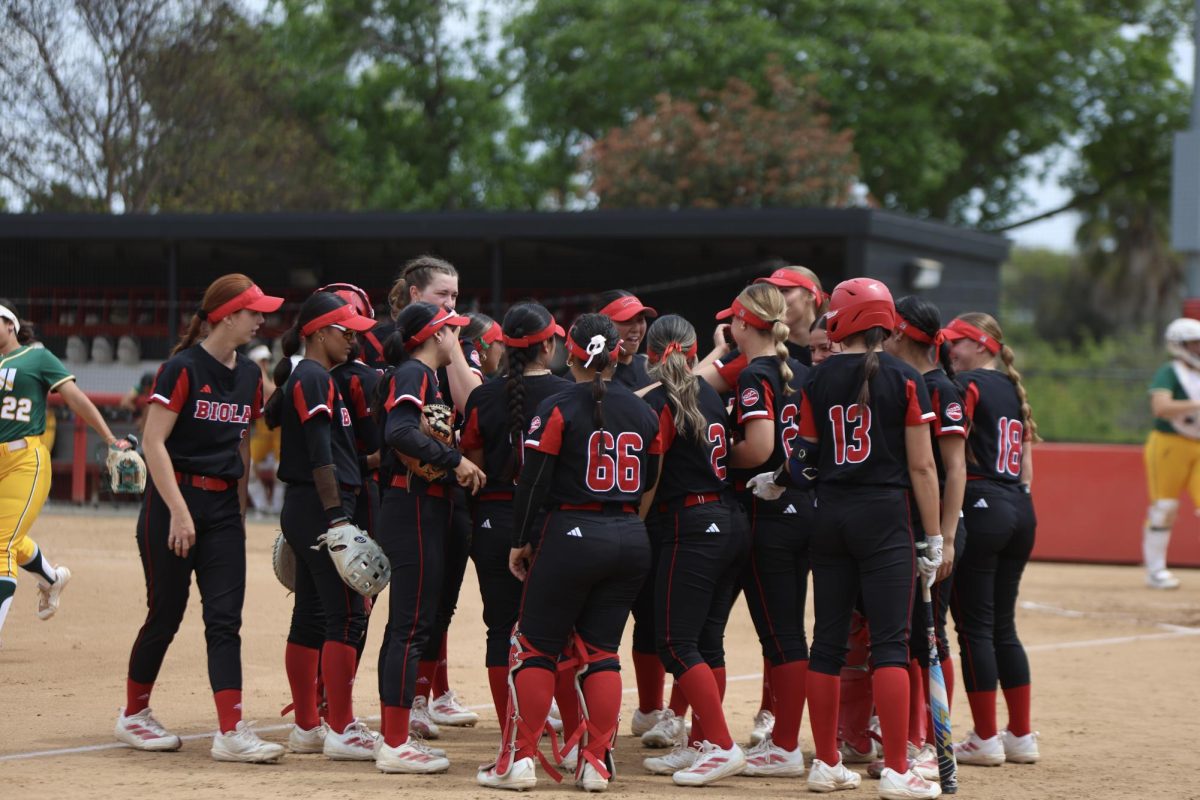(This story was originally published in print on Feb. 14, 2019).
Less than two years ago, the starting shortstop for the University of Oregon softball team became just the fifth player in program history to be named a two-time NCAA Division I All-American. She got the award after her .394 batting average, 10 home runs and 52 RBIs helped lead the Ducks to a berth in the 2017 Women’s College World Series.
At that point, coming home to coach a college team of her own could not have been further from Nikki Udria’s mind. In addition to her playing opportunities, she had entered a graduate program at Oregon with the goal of becoming a speech pathologist after getting her master’s degree.
So how did Udria, a Southern California native, end up as Biola softball’s new head coach?
“God just took me in a different direction,” Udria said.
RISING STAR
Despite getting drafted into a professional softball league and competing for a spot on Team USA Softball’s 2020 Olympics squad, Udria thought her time with the sport was coming to a close. Then a position opened up on then-head coach Lori Coleman’s staff. Soon, Udria was teaching the hitting and defense techniques she had excelled at.
But she was learning, too.
“Being an assistant and being under Lori was some of the best times of my life,” Udria said. “She really took me under her wing and taught me how to implement our faith into the game and what it takes to lead a program.”
Coleman’s departure for a ministry position in Texas opened a new door for Udria, who is convinced that God led her to Biola. She was officially named the ninth head coach in Eagles softball history in mid-August of 2018. In the official announcement, Biola Athletics pointed out that her lone season as a hitting coach had helped spark a massive turnaround for the Eagles’ bats.
The promotion shocked and delighted several of her former coaches and teammates at Oregon, who bombarded her phone with congratulatory texts and tagged her in social media posts.
“People were like, ‘Are you serious? Like, the head coach? That’s crazy,’” Udria said. “Yeah, it really is an accomplishment, but it mostly is just a credit to the glory of God that I’m 23 and he’s entrusted me with all these lives [and] to lead this program.”
Udria’s age sets her apart from many of the other Biola coaches whose offices flank hers in the Chase Gymnasium annex. Dave Holmquist had already been coaching the men’s basketball team for nearly 20 years by the time she was born.
Does her youth make her underqualified? Not in the least—and I doubt one would have an easy time finding someone in the athletics department who believes otherwise. In fact, Udria’s resume as a player dwarfs many of her coaching peers.
‘I KNOW WHAT IT TAKES’
Not only is she from a Division I powerhouse, she directly contributed to its success during her time there. In addition to her two All-American nods, Udria made three all-conference teams, four all-regional teams, and even a conference all-defense team in her senior season. The Ducks never lost in the regional round of the playoffs over her four years at Oregon and won the Pac-12 conference in three of those years. They also went on a 35-game win streak to open the 2017 season. If there is one thing Udria knows how to do on a softball field, it is win.
She wants to bring that mentality to the Eagles, striving to implement a culture of what she calls “competitive Christian athletes” and reminding her players that their faith does not force them to be “soft.”
“I think that’s the biggest benefit of me playing at the highest level [of collegiate softball],” Udria said. “I know what it takes. I know the sacrifice we have to make to be in those championship games.”
She is also mindful, though, of where to draw the line. Udria says she knows what it feels like to have one’s identity too wrapped up in big performances, playoff games or even the sport itself.
“Your performance does not define you,” Udria said. “And knowing that should be able to give us that freedom. That’s what I like to bring back here, is playing at those high levels but also recognizing that Jesus loves us the same regardless of performance.”
It is for this reason that she considers it a “blessing” to coach a school like Biola.
“I can really implement my faith and we can come together throughout the games when we are experiencing those very real pressures that come as being an athlete,” Udria said.
And because of that faith, along with her resume and ability to connect with athletes not much younger than her, Biola is blessed to have her, too.



